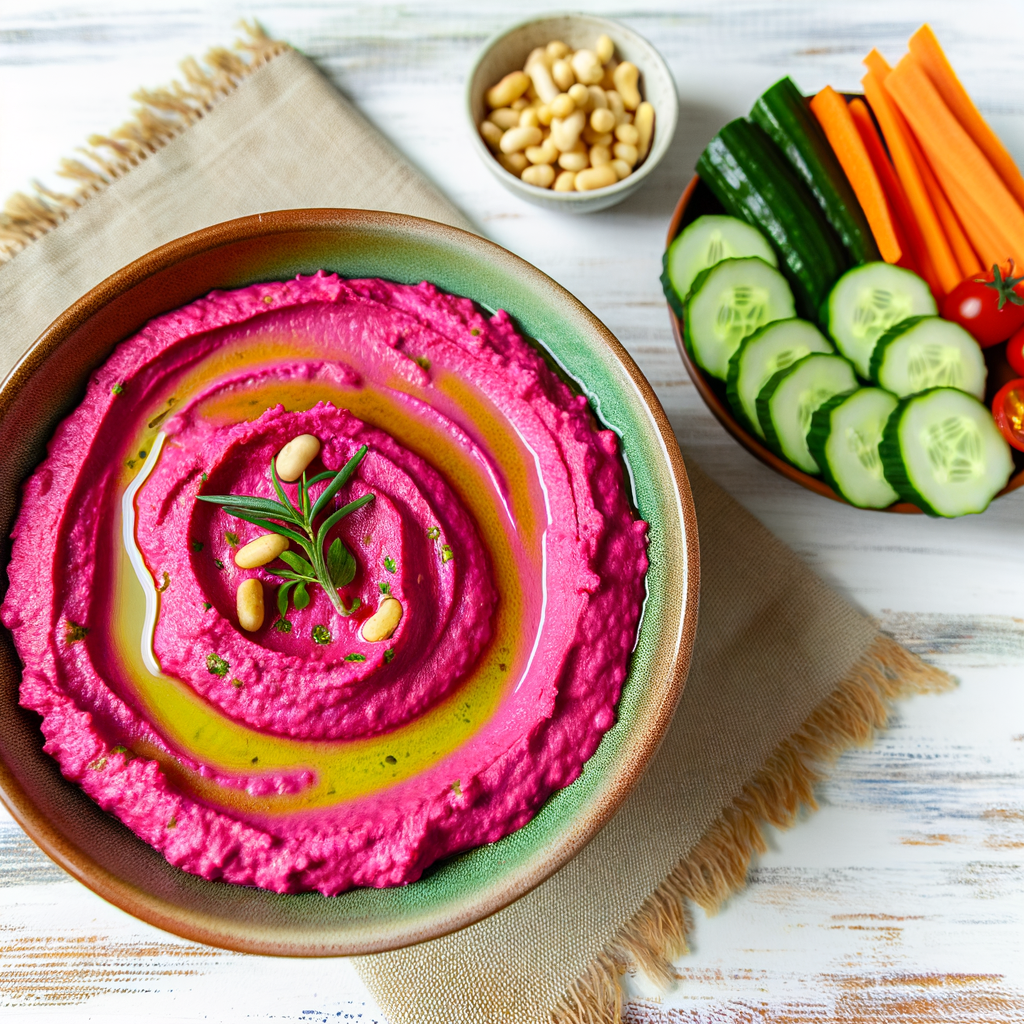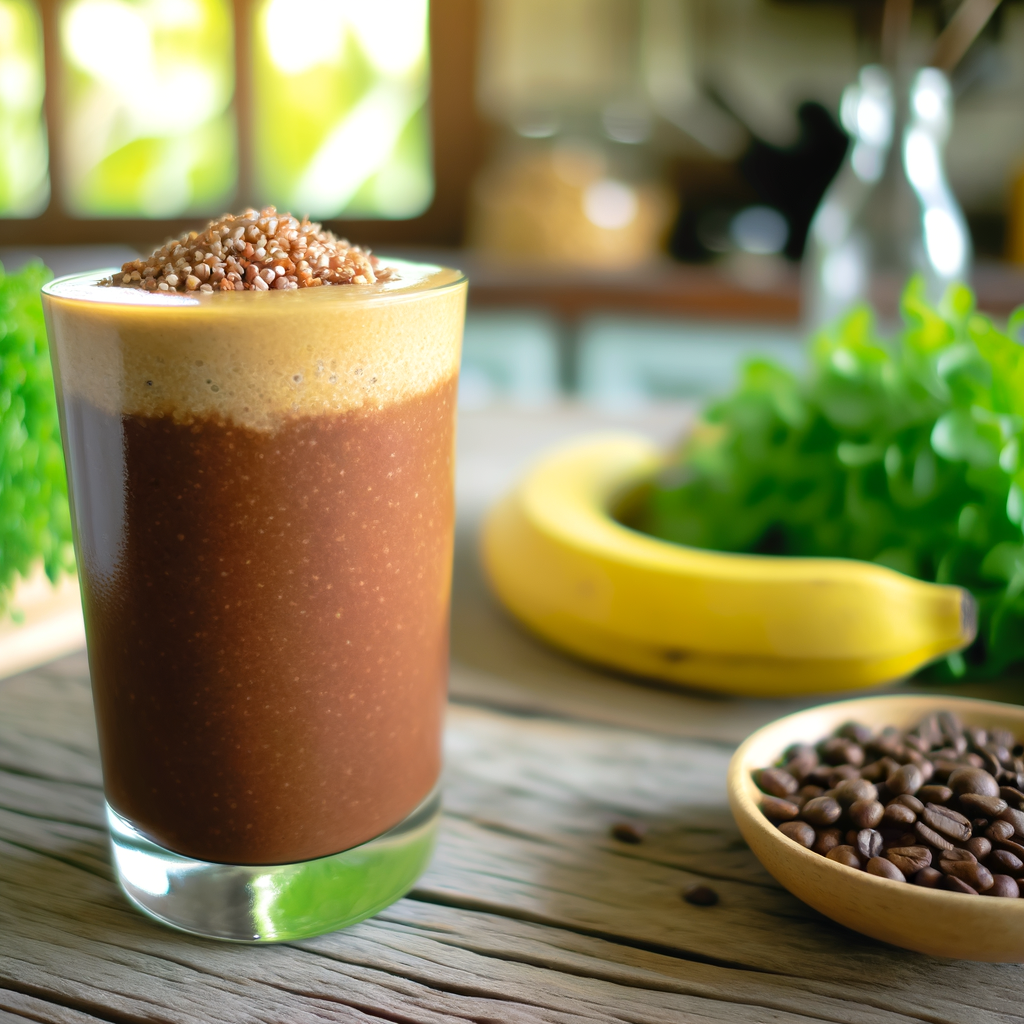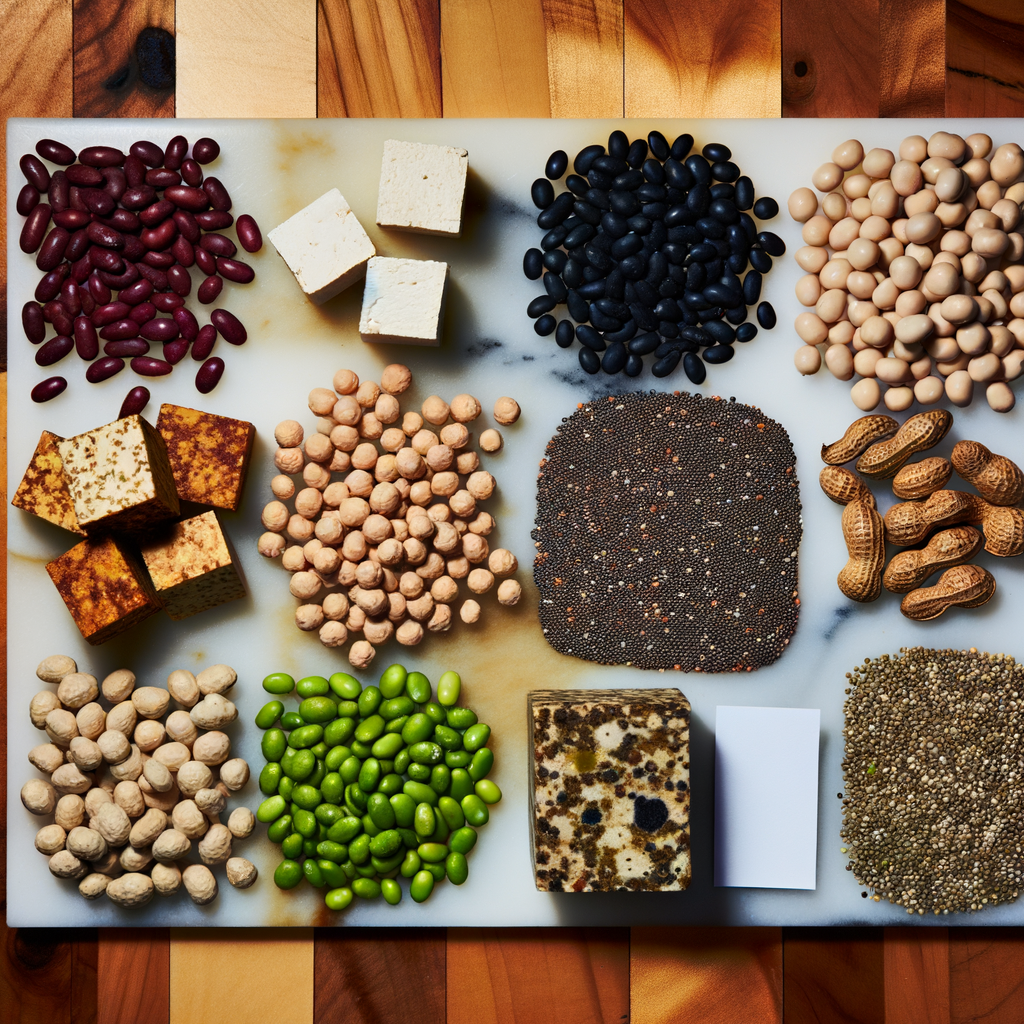A Push for Vegan Meals: Revolutionizing Diets in UK Hospitals
The movement towards incorporating plant-based diets in healthcare facilities is gaining momentum, with a prominent call to action urging the UK’s National Health Service (NHS) to make vegan meals the default option. Advocates argue that this shift could significantly impact health, environmental sustainability, and cost efficiency. This blog explores the potential benefits and challenges of adopting plant-based diets in hospitals and beyond.
Why a Plant-Based Approach?
There are several compelling reasons for advocating plant-based meals in healthcare settings:
A shift to vegan meals could dramatically improve patient health outcomes. Plant-based diets are linked to reducing the risk of chronic diseases such as heart disease, diabetes, and certain cancers. They can also help in managing weight and improving overall wellness, which is crucial in a hospital setting where patient recovery is paramount.
Transitioning to vegan meals could also bolster the NHS’s environmental responsibility. Animal agriculture is a major contributor to greenhouse gas emissions, deforestation, and water usage. By reducing reliance on animal-based foods, healthcare facilities can lower their carbon footprint, making a significant impact on overall sustainability efforts.
Implementing a plant-based menu could potentially reduce costs associated with food procurement and waste management. Vegan ingredients, when sourced strategically, tend to be cheaper than meat and dairy products, leading to savings that could be reallocated to other critical healthcare areas.
Challenges in Implementation
While the benefits of a plant-based shift are clear, there are hurdles to overcome in making this transition:
One of the main challenges is catering to diverse cultural and personal dietary preferences. Many patients and staff members have specific dietary needs that may include animal products. The key is to ensure that plant-based options are both appealing and satisfying, possibly through innovative recipes and nutritional planning.
There’s a need for extensive education about the advantages of plant-based diets. Both patients and healthcare professionals may have preconceived notions about vegan diets, often associating them with a lack of nutrition or variety. Overcoming these misconceptions is essential to gaining support for the initiative.
Transitioning to a plant-based menu involves logistical challenges, including sourcing, preparation, and staff training. Hospitals need to establish strong supply chains for high-quality plant-based ingredients and train kitchen staff to prepare meals that meet nutritional and taste standards.
Successful Case Studies
Several institutions have already embraced the idea of plant-based meals, setting a precedent for others to follow:
Healthcare Facilities Around the World
Many healthcare facilities globally are introducing plant-based meals as part of their regular menu offerings. These institutions have reported positive feedback from patients and staff, along with improvements in patient recovery times and overall satisfaction with meal quality.
Educational Initiatives and Workshops
Incorporating educational initiatives and workshops for both staff and patients has proven effective in these case studies. By providing information about the nutritional benefits and tastiness of plant-based diets, these programs have successfully fostered cultural shifts within their institutions.
Steps Forward for the NHS
For the NHS to successfully implement plant-based meals, it must consider several strategic actions:
Engaging with stakeholders, including nutritionists, chefs, supply chain managers, and patient advocacy groups, will be crucial. By facilitating a collaborative approach, the NHS can ensure that everyone involved is on board with the transition and that their needs and concerns are addressed.
A phased approach could help in overcoming resistance. Gradually introducing plant-based meals can allow staff and patients to adapt over time and provide feedback for continuous improvement.
Running awareness campaigns that highlight the benefits of plant-based diets can increase acceptance and enthusiasm for the change. These campaigns might include cooking demonstrations, tasting sessions, and seminars about the environmental and health benefits of veganism.
Conclusion
The movement to make vegan meals default in UK hospitals represents a significant shift towards a more sustainable, health-conscious, and economically efficient healthcare system. While challenges exist, the success stories from other institutions and the compelling benefits of plant-based diets make a strong case for this transition. Through careful planning, stakeholder engagement, and education, the embrace of plant-based meals can revolutionize patient care within the NHS, aligning it with broader environmental and health goals.











